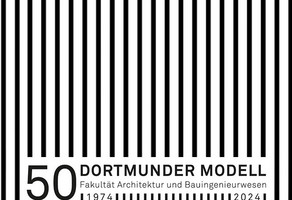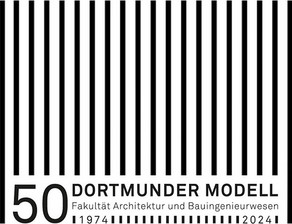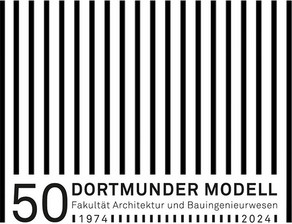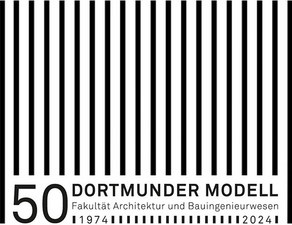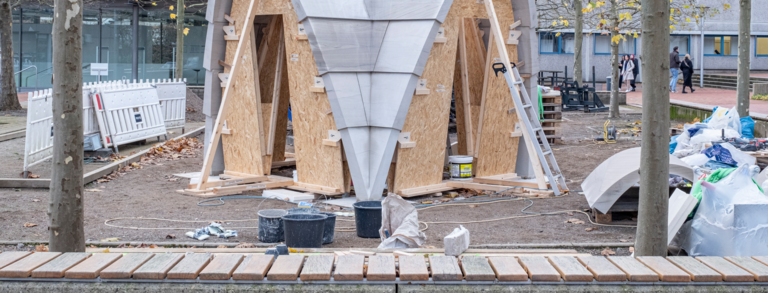Research Focuses of the Department
Durable Constructions |
The research focus on durable constructions deals with the aspect of the durability of building structures. The aim is to analyze and clarify in depth the question of how buildings and engineering structures must be designed and constructed so that they can have a service life appropriate to their purpose and their use of resources. With the principle of resource-conserving construction, the aim here is to effectively increase the service life of building structures through new advanced planning and construction concepts, taking into account the requirements of the life cycle. The research activities cover topics such as the durability of structural joints, the congruence of durable construction with the architectural design, the ageing capacity of building components and the adaptability of constructions and building structures to changing requirements or standards.
|
Durable Composite Materials |
Materials - our building materials - form the basis of construction. Material properties, material processing and material combinations determine the appearance, long-term functionality and efficiency of buildings. The development, selection and professional use of our building materials require detailed, interdisciplinary knowledge. This knowledge is built up, expanded and deepened through interdisciplinary, integrative research projects. The focus is on composite materials such as reinforced concrete, textile-reinforced concrete, surface protection systems and steel sandwich systems. The resistance of these composite materials in individual buildings to mechanical and environmental stresses is a key issue in terms of sustainability.
|
Long-term Urban Architecture |
Sustainability in urban development requires urban structures that function in the long term. Urban configurations that can be used in as many different ways as possible over long periods of time without radical alterations correspond to this objective, rather than short-term functional fulfillment. As part of the research focus and the Institute for Urban Design, successful long-term urban forms such as corresponding types of districts, squares, streets, blocks and townhouses are examined and introduced into today's design practice. Special emphasis is placed on the energy-saving urban quarter, urban residential typologies, the preservation of urban monuments and the history of the urban and dense city. The concept of urban architecture combines social, economic, political, ecological, technical and cultural aspects of the city with the design tasks of urban planning and reunites the disciplines of architecture, urban planning, spatial planning, traffic planning and civil engineering, which have drifted apart in recent decades.
|
Modeling-efficient Materials |
The description of physical processes by means of modeling has a long tradition in civil engineering and serves the development of efficient structures. Structure is representative of both the overall global structure of a building support structure, for example, and the microstructure of materials, which essentially determine the material properties. The aim is to consider material, microstructure and macro-response behavior as a symbiosis and to simulate them holistically. By using modern computer-aided methods such as the finite element method (FEM) and high-performance computing (HPC), it is now possible to develop cross-scale numerical simulation models. Using these innovative multi-scale simulation models, optimization algorithms are then used to design structures on both the microscale and macroscale that have the most efficient properties possible with regard to the desired requirements on both scales. The research focus strengthens an important pillar of the joint UA Ruhr profile focus "Materials Chain", which aims to enable a completely cross-scale and continuous consideration of the entire material chain - from the finished component to the atom and vice versa - thus creating the basis for the design of new materials.
|
Sustainable Realization |
The research focus on sustainable realization is oriented towards the constantly changing requirements of construction and real estate practice. Accordingly, the current and future research impulses lie in the organizational, economic, construction process and contractual optimization in the life cycle of a project. Research fields such as innovative contract models, sustainability of investment decisions, implementation of sustainability aspects in the tendering and awarding process and building information modeling are of particular importance. |

